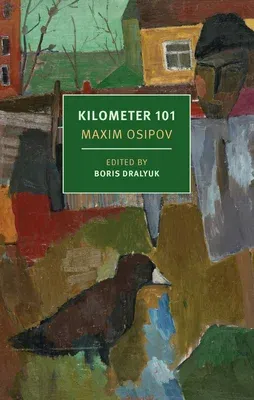A new collection of short fiction and nonfiction by a Russian master
of bittersweet humor, dramatic irony, and poignant insights into
contemporary life.
The town of Tarusa lies 101 kilometers outside Moscow, far enough to
have served, under Soviet rule, as a place where former political
prisoners and other "undesirables" could legally settle. Lying between
the center of power and the provinces, between the modern urban capital
and the countryside, Tarusa is the perfect place from which to observe a
Russia that, in Maxim Osipov's words, "changes a lot [in the course of
a decade], but in two centuries--not at all." The stories and essays in
this volume--a follow-up to his debut in English, Rock, Paper,
Scissors--tackle major questions of modern life in and beyond Russia
with Osipov's trademark blend of daring and subtlety. Deceit, political
pressure, ethnic discrimination, the urge to emigrate, and the fear of
abandoning one's home, as well as myriad generational debts and
conflicts, are as complexly woven through these pieces as they are
through the lives of Osipov's fellow Russians and through our own. What
binds the prose in this volume is not only a set of concerns, however,
but also Osipov's penetrating insights and fearless realism. "Dreams
fall away, one after another," he writes in the opening essay, "some
because they come true, but most because they prove pointless." Yet, as
he reminds us in the final essay, when viewed from ground level, "life
tends not towards depletion, towards zero, but, on the contrary, towards
repletion, fullness."

